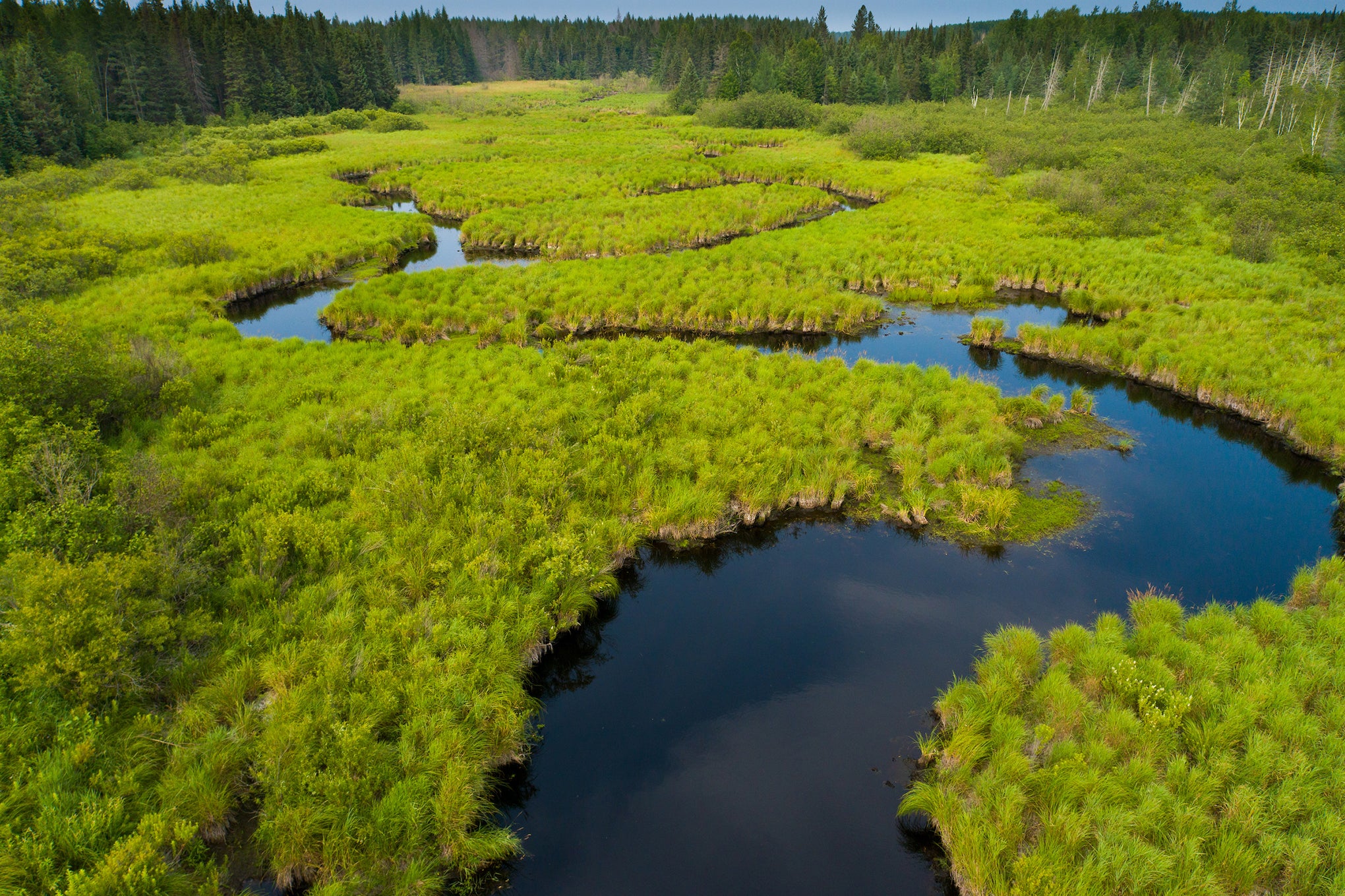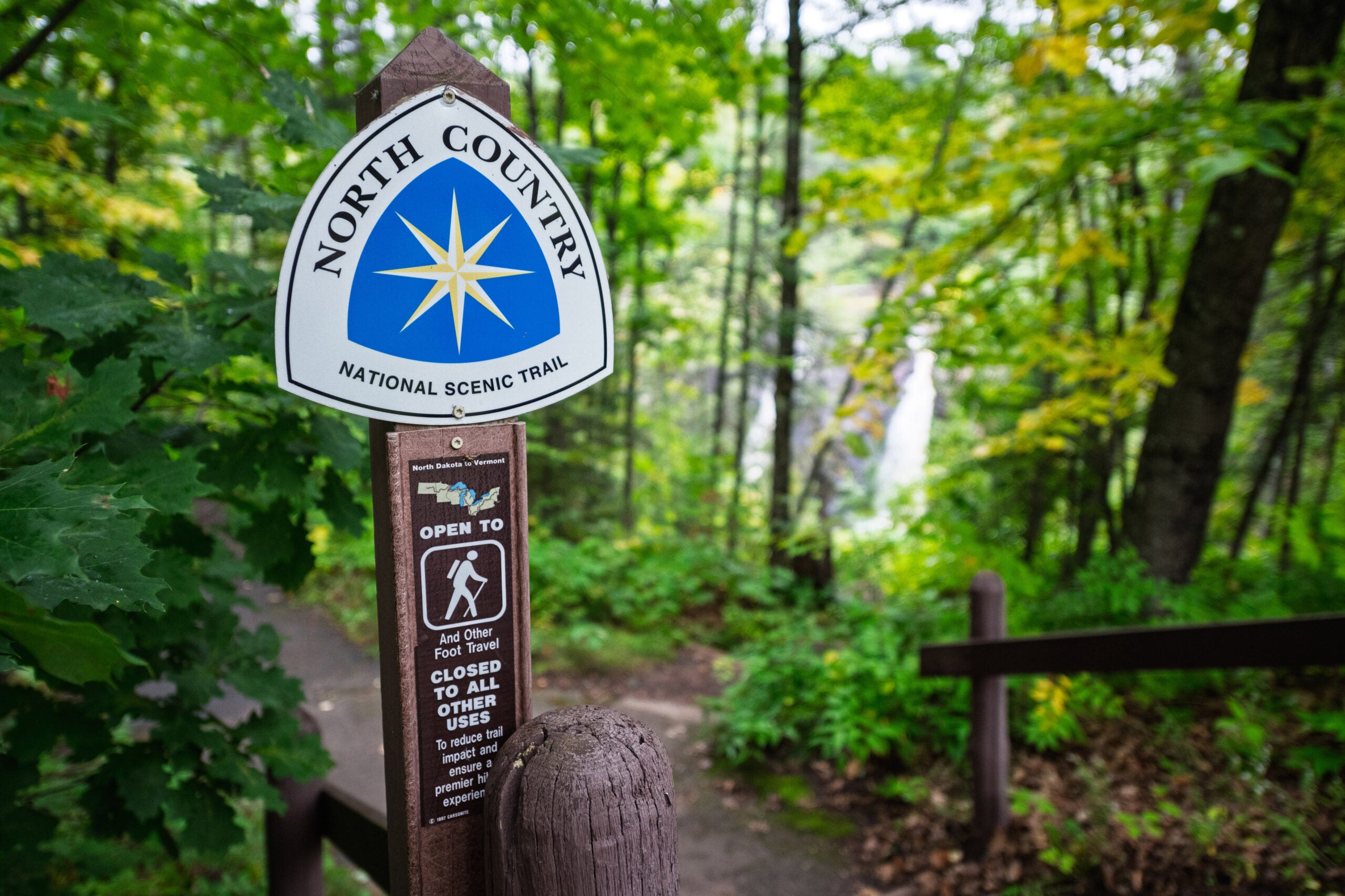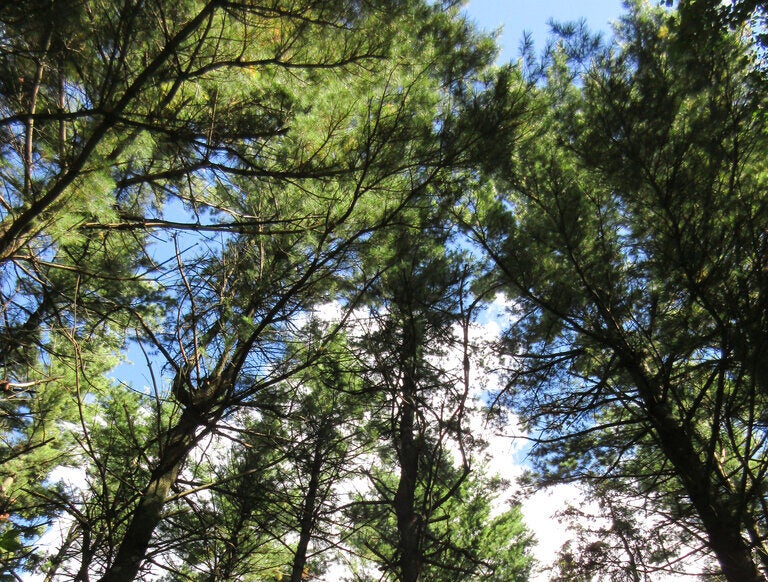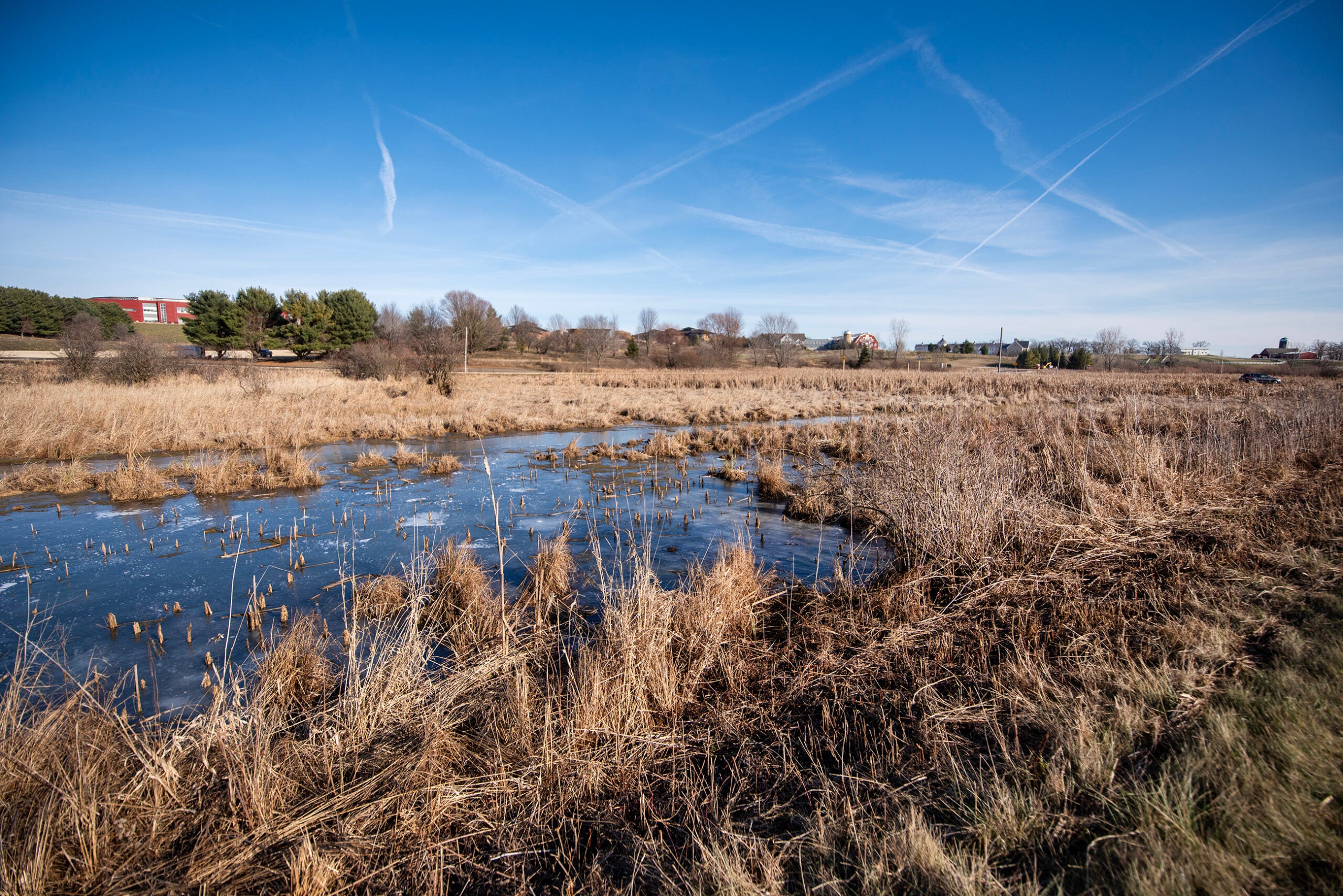An environmental conservation organization has bought the largest block of private commercial forestland remaining in Wisconsin. The Conservation Fund purchased 70,000 acres in northern Wisconsin last week from investment firm The Forestland Group to preserve it for recreational use and logging.
The land purchase located mostly within Oneida County is the largest ever made in Wisconsin by the Conservation Fund, which worked to protect the 65,800-acre Brule-St. Croix Legacy Forest in 2015.
The property located east of Rhinelander will become known as the Pelican River Forest. The Conservation Fund purchased the land for an undisclosed amount with the help of a loan through the Richard King Mellon Foundation. The group bought a similar-sized block of forestland in northern Minnesota last year for $48 million.
News with a little more humanity
WPR’s “Wisconsin Today” newsletter keeps you connected to the state you love without feeling overwhelmed. No paywall. No agenda. No corporate filter.
“Ensuring the permanent protection and sustainable management of large, existing forests is not only essential to the local communities for jobs and recreational enjoyment, it is also one of the most effective strategies we have right now to combat climate change,” said Larry Selzer, president and CEO of the Conservation Fund in a statement. “Our purchase of Pelican River Forest is the first step in securing the future of this important working landscape so it can continue to provide economic, ecological and climate benefits for generations to come.”
The Pelican River Forest includes 68 miles of streams and 27,000 acres of forested wetlands, straddling the divide between the Lake Superior and Mississippi River basins. The property serves as a link between the Oneida County Forest and Chequamegon-Nicolet National Forest.
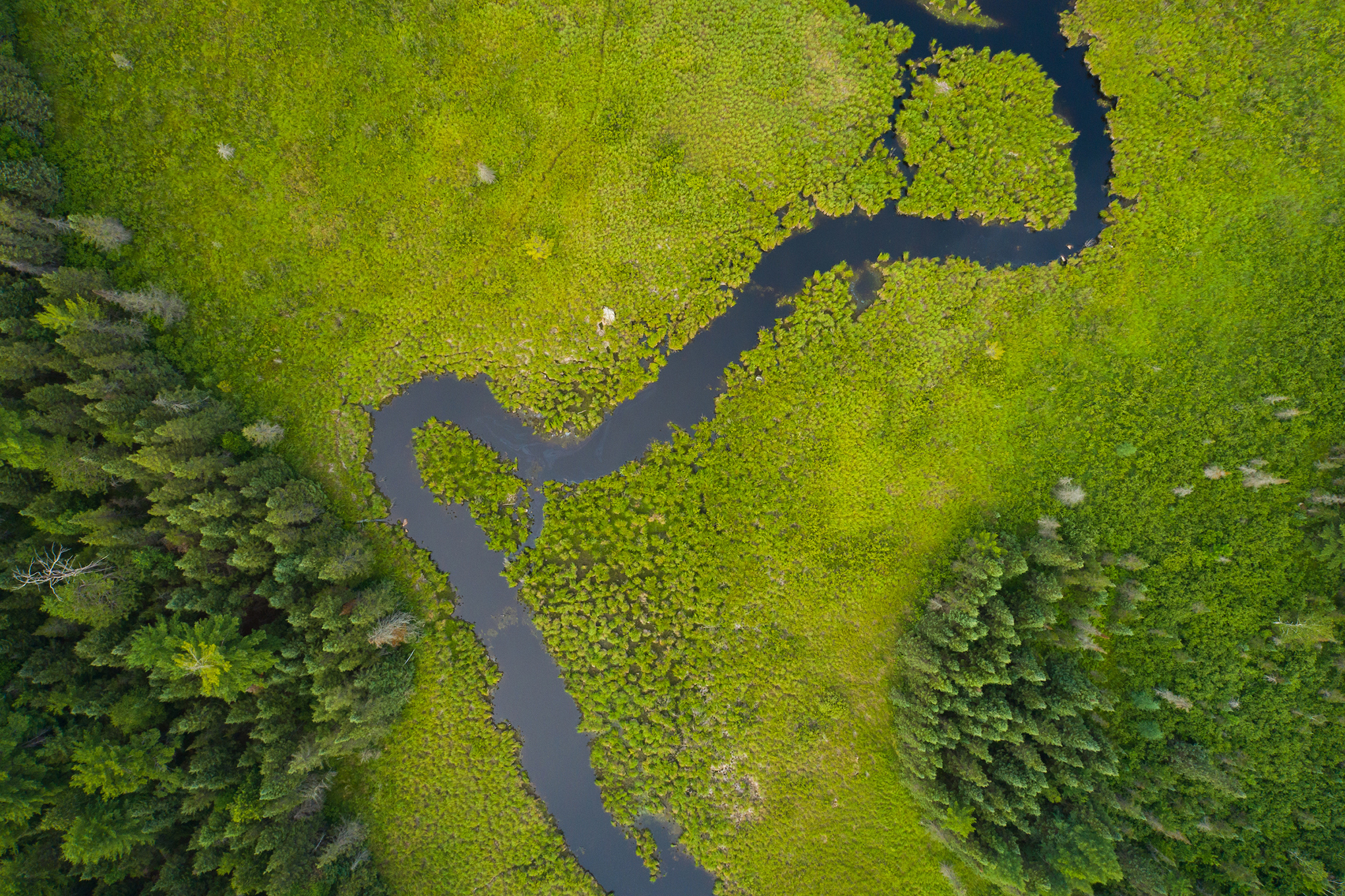
Photo by Jay Brittain/The Conservation Fund
The Conservation Fund has been working with the Wisconsin Department of Natural Resources to place conservation easements on the property. The Natural Resources Board, the Joint Committee on Finance and Gov. Tony Evers approved nearly $4.7 million from the Knowles-Nelson Stewardship Program to purchase a conservation easement on roughly 12,500 acres of the property this summer. The DNR’s real estate section chief, Jim Lemke, expects the purchase to be finalized by the end of the year.
Lemke called the deal a win-win for the state of Wisconsin.
“It’s just a beautiful tract of land. It has hundreds of lakes on them,” said Lemke. “And, right now, the DNR is supporting clean water and clean air initiatives, and so this kind of fits in with some of the priorities that the DNR is placing on their recent acquisitions.”
Protecting the large block of forestland will provide ecological benefits in the form of habitat for state endangered and threatened species like the American marten and spruce grouse, according to Clint Miller, the conservation group’s central Midwest regional director. He said the forest also benefits the climate by storing around 19 million metric tons of carbon — the equivalent of taking 4 million cars off the road.
Miller added that the conservation easement with the DNR ensures the forest will provide economic benefits for years to come and support more than 700 jobs in the forest products business.
“When the easements (are) placed on the property, it’s no longer being chipped away at the corners and sold off into 40-or 160-acre parcels,” said Miller. “It remains as forestland — commercial forestland.”
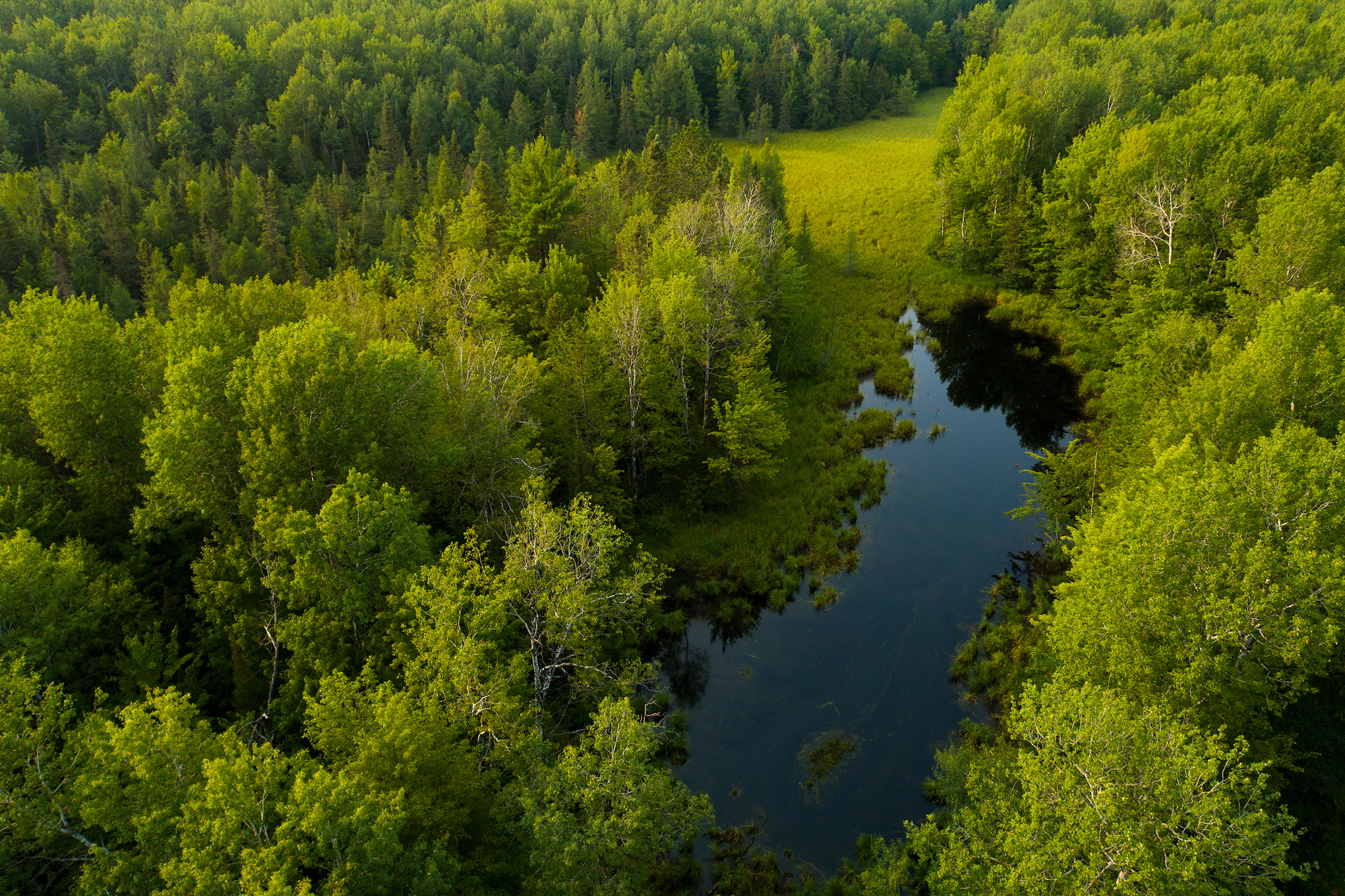
Photo by Jay Brittain/The Conservation Fund
Private forestland that has become more fragmented has made it challenging and costly to conduct effective timber management. Loggers in Wisconsin’s $24.5 billion forest products industry that employs more than 64,000 workers have also struggled in the last year due to paper mill closures spurred on by the COVID-19 pandemic.
Miller said the forest will also benefit communities in the region by attracting visitors who want to fish, hunt and hike in northern Wisconsin. The conservation easement on the property will allow foot traffic year-round and designated roads will be accessible from June 1 through the end of the year.
Blake Stansell, president and CEO of the Forestland Group, said in a statement that they’re pleased to be a part of protecting the Pelican River Forest watershed.
“The long-term conservation of these environmentally sensitive natural forest systems is critically important, and we appreciate our longstanding and successful history of working with The Conservation Fund to achieve this type of favorable result,” said Stansell.
Large land purchases have met opposition in recent years as some Republican lawmakers have opposed taking large blocks of private land off the tax rolls in heavily forested counties across northern Wisconsin. But Miller said the land will remain in private ownership, contributing about $73,000 in taxes each year.
The Conservation Fund plans to work with the DNR on easements for the remaining 58,000 acres over the next few years. Lemke said the state hopes to access funds through the federal Forest Legacy Program to help fund easements on the property. The group eventually plans to sell the forestland back to a timber investor once the conservation easements are in place.
More than 113,000 acres of farm and forestland in the state have been protected by The Conservation Fund in collaboration with state and private partners over the last two decades. The group has set a goal to preserve 5 million acres of forestland nationwide over the next decade.
Wisconsin Public Radio, © Copyright 2025, Board of Regents of the University of Wisconsin System and Wisconsin Educational Communications Board.

